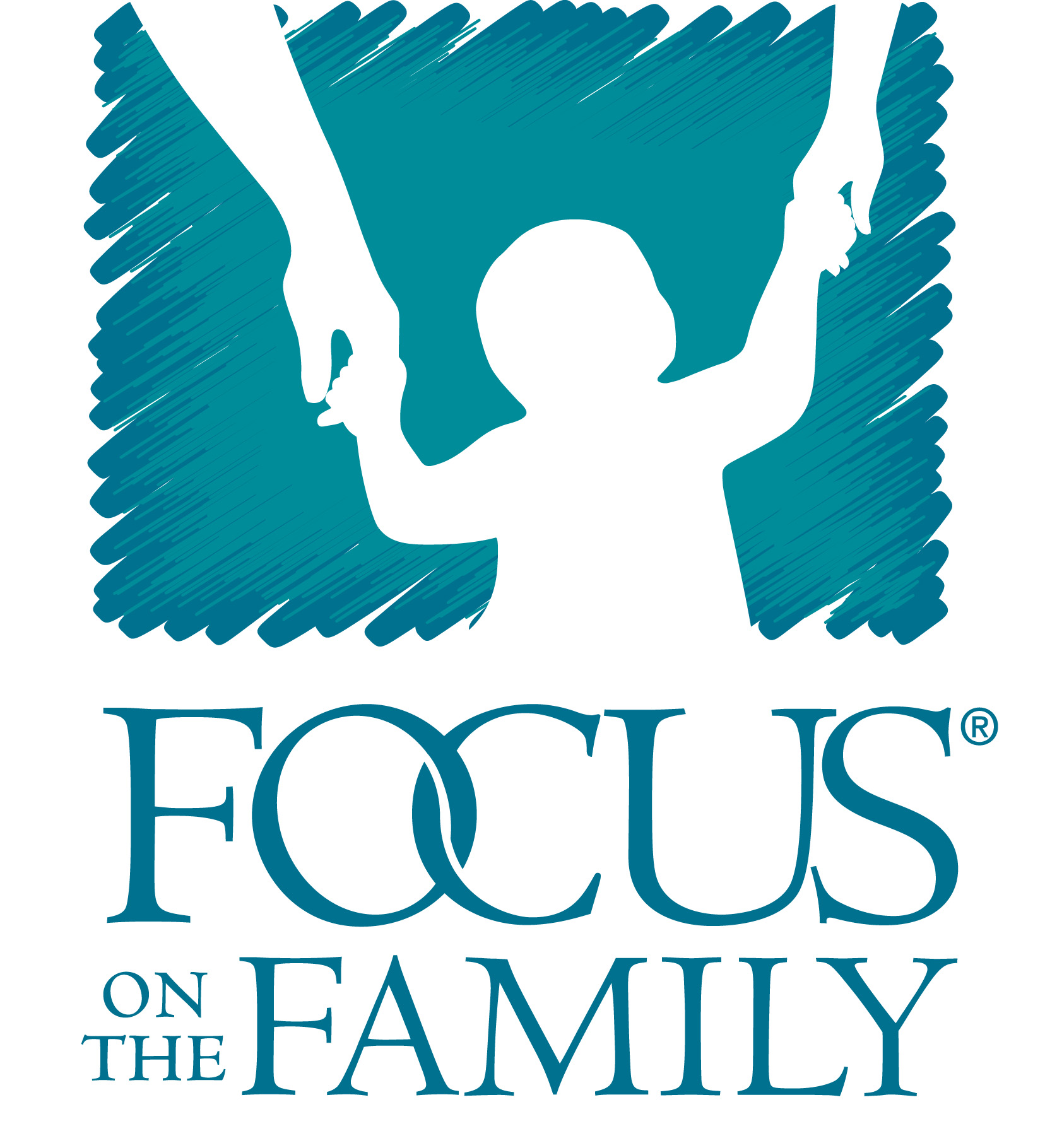
“Skinny bones, skinny bones,” the boy taunted. “Stick,” another chimed. In return, I could have chanted “sticks and stones may break my bones, but words will never hurt me.” But even as a little girl, I knew the popular rhyme wasn’t true. Unkind, thoughtless words did hurt—sometimes badly, leaving wounds that went deeper and lasted much longer than a welt from a stone or stick.
Hannah certainly knew the sting of thoughtless words. Her husband Elkanah loved her, but she had no children, while his second wife, Peninnah, had many. In a culture where a woman’s worth was often assessed based on having children, Peninnah made Hannah’s pain worse by continually “provoking her” for being childless. She kept it up until Hannah wept and couldn’t eat (1 Samuel 1:6–7).
And Elkanah probably meant well, but his thoughtless response, “Hannah, why are you weeping? . . . Don’t I mean more to you than ten sons?” (v. 8) was still hurtful.
Like Hannah, many of us have been left reeling in the wake of hurtful words. And some of us have likely reacted to our own wounds by lashing out and harming others with our words. But all of us can run to our loving and compassionate God for strength and healing (Psalm 27:5, 12–14). He lovingly rejoices over us—speaking words of love and grace (Zephaniah 3:17). Alyson Kieda
Source: Our Daily Breat

 Focus on the Family
Focus on the Family  Baptist Bible Hour
Baptist Bible Hour